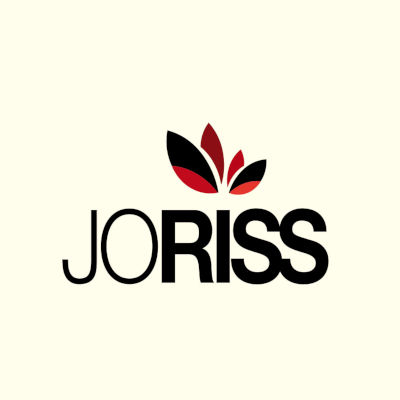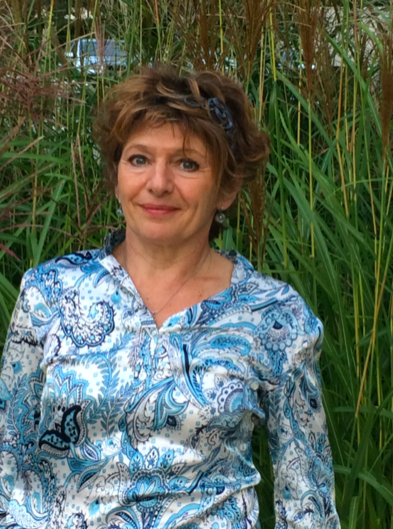
Title: Forced mobilities, urban government and "right to the city" in Europe and in China 在欧洲和中国强制迁移, 城市政府和 "城市权利"
Directors: Laurence ROULLEAU-BERGER & Ruijin WU
Discipline: Sociology
Status: Completed Project
Starting date: 2018/2016. This project was incubated at JoRISS from 2016 to 2018.
Directors
In cooperation with Professor LIU Yuzhao, Deputee Director of School of Sociology and Political Science, Shanghai University.
Summary
The question of “forced mobilities” and “right to the City” looks quite new in social sciences but it is a more and more important topic in studies on international migration. Because the figure of migrants in Europe as in China is more and more demultiplied, the forced migrants and refugees’s situations do express what does it mean “to be integrated” or “to be excluded” or stigmatized in different cities. In European as in Chinese cities –here in Paris, Lyon, Milan and Shanghai- more and more population -especially young people- are forced into displacements and mobilities. In Europe, because economic crisis and wars, more and more new migrants converge in big cities and are experiencing processes of integration, exclusion, expulsion. In China, migrants who are facing to urban demolition, dams construction… it means forced displaced populations. In Chinese and European cities we will consider « communities of destiny » among migrants and refugees who are claiming a « right to the city »; we will analyze « urban geographies of care » which produce at the same time solidarities and new inequalities, and which translate into new moral urban boundaries. In European and Chinese cities, urban government produces technologies of governance which articulate moral economies and administrative apparatuses in order to control the forms of inclusion of refugees and new migrants. Bio-political apparatuses are can be seen as articulating moral economies of suspicion, contempt, compassion, and hospitality which are embedded in institutions and realized in particular forms of self-government. In the same time, migrants and refugees faced with plural forms of inequalities, violence and expulsions in French, Italian and Chinese cities claim a “right to the city” in different places, and by different means. So collective actions thus emerge and diffract between more or less noisy forms of engagement. So we are confronted with plurivocal groups of migrants and refugees, struggling for public and social recognition.
To realize this research’s program analysis of migration policies at the national level in France, Italy and China, and at the city level, will be developed; observations and focus groups will be conducted in associations in Milano, Paris , Lyon and in NGO in Shanghai; and “cities narratives” will be the biographical method to capture migrants’s urban practices, to identify migrants “lived spaces” in Milano, Paris, Lyon and Shanghai.






